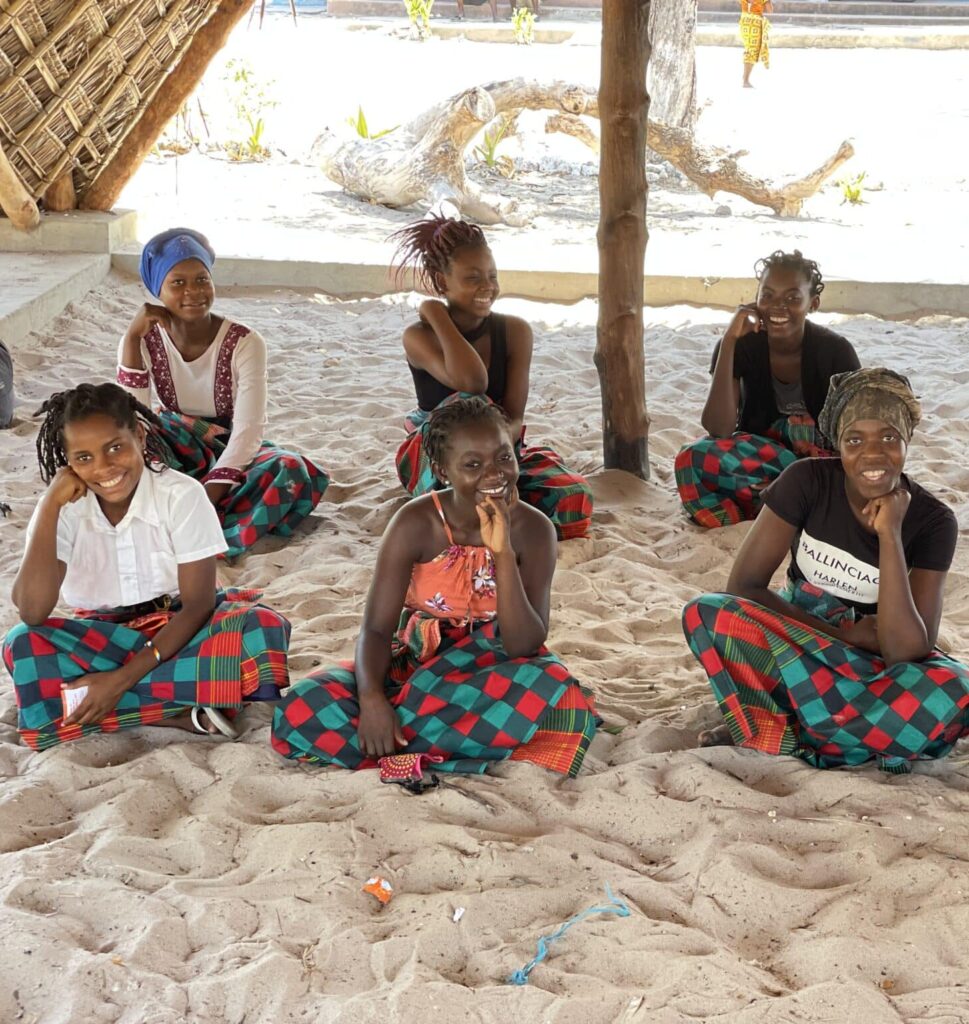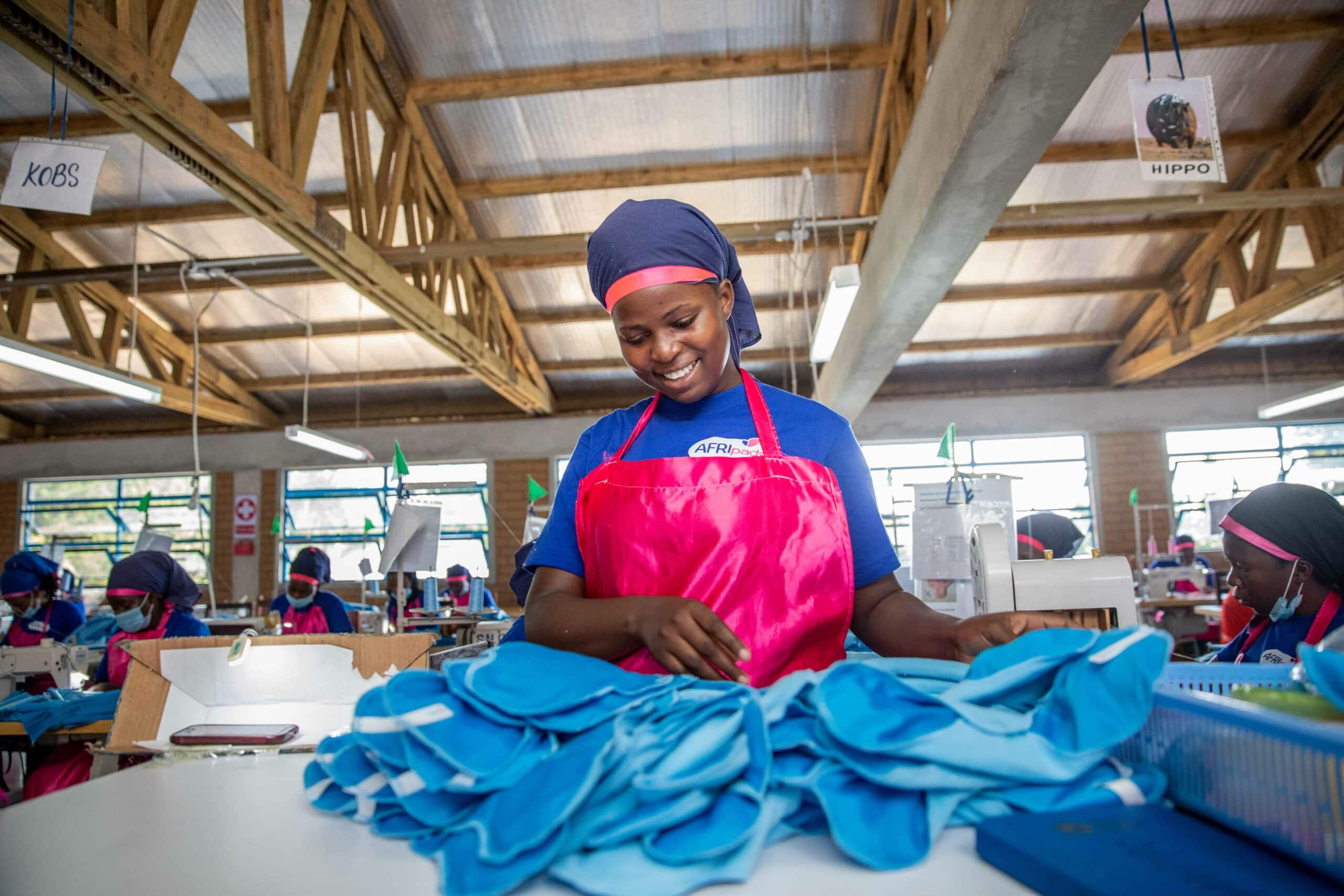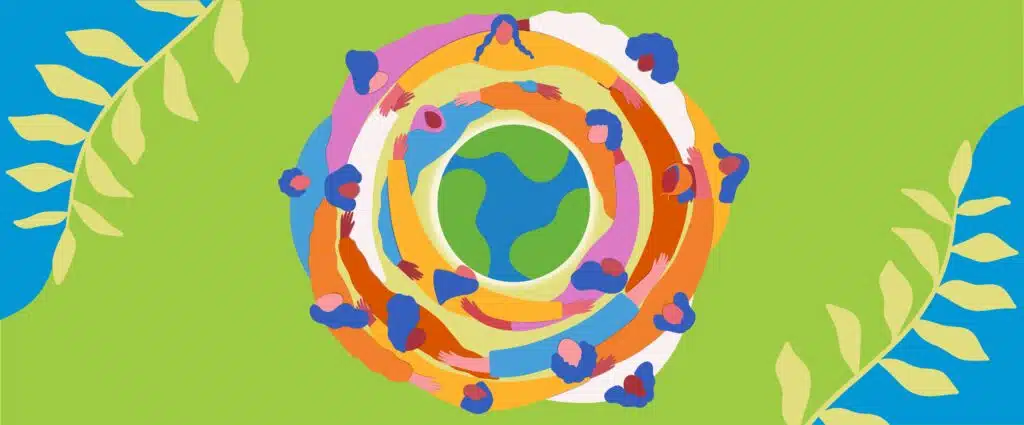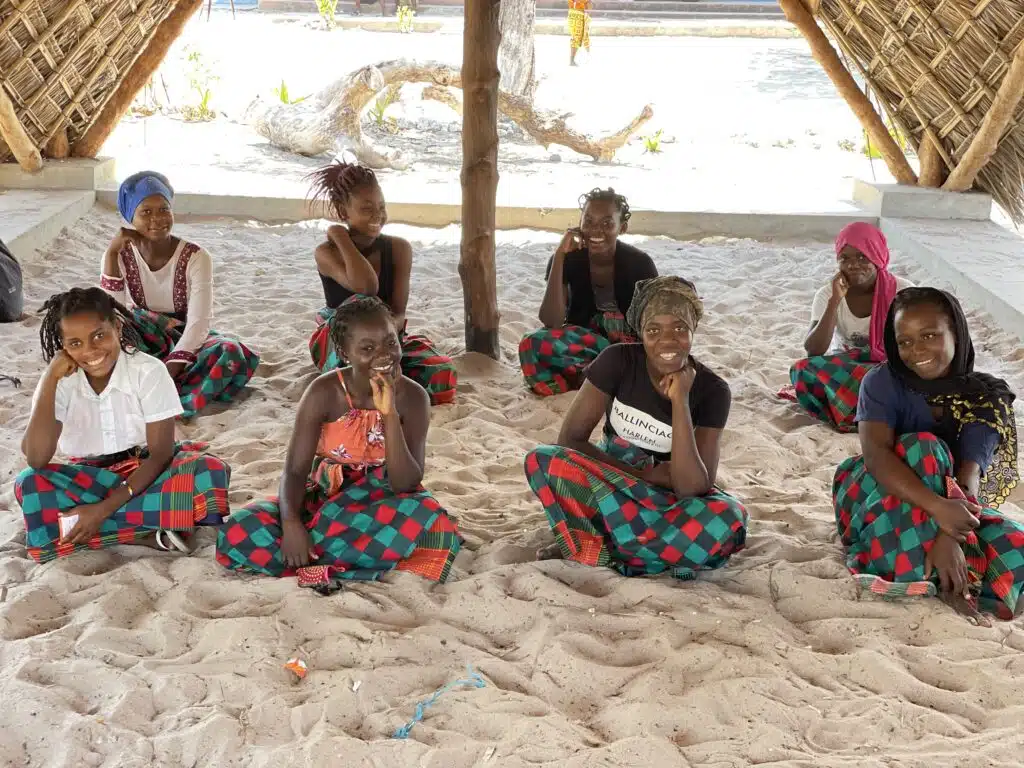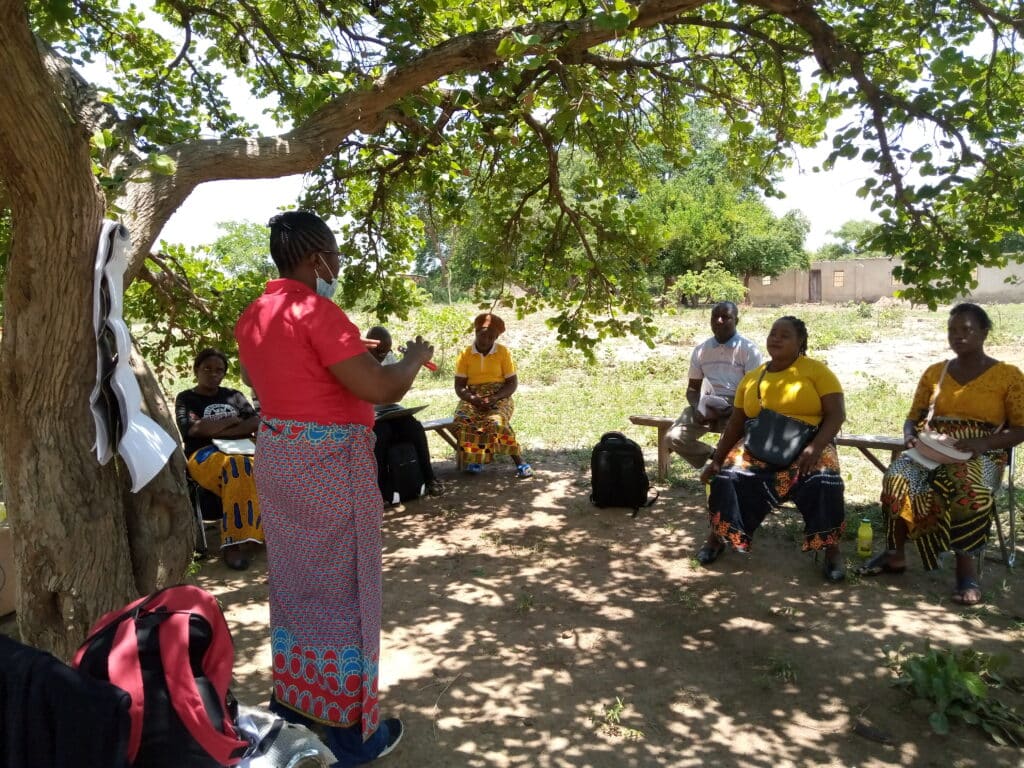“Why teach reusable pad-making instead of providing quality, long lasting products?” This is a question AFRIpads frequently asks in partner and customer meetings. The interest in the pad-making programs suggests that Do-It-Yourself (DIY) reusable pads are somehow simpler and cheaper to make. Yet, in reality, creating a quality menstrual product that would achieve the gender equality and education outcomes you’re looking for requires research, standards, and controlled processes.
DIY pads are often seen as a quick fix, but the real issue lies deeper: the need for quality, reliable, and long-term menstrual solutions. And perhaps surprisingly, quality made products are often a cheaper and more sustainable program option than DIY programs.
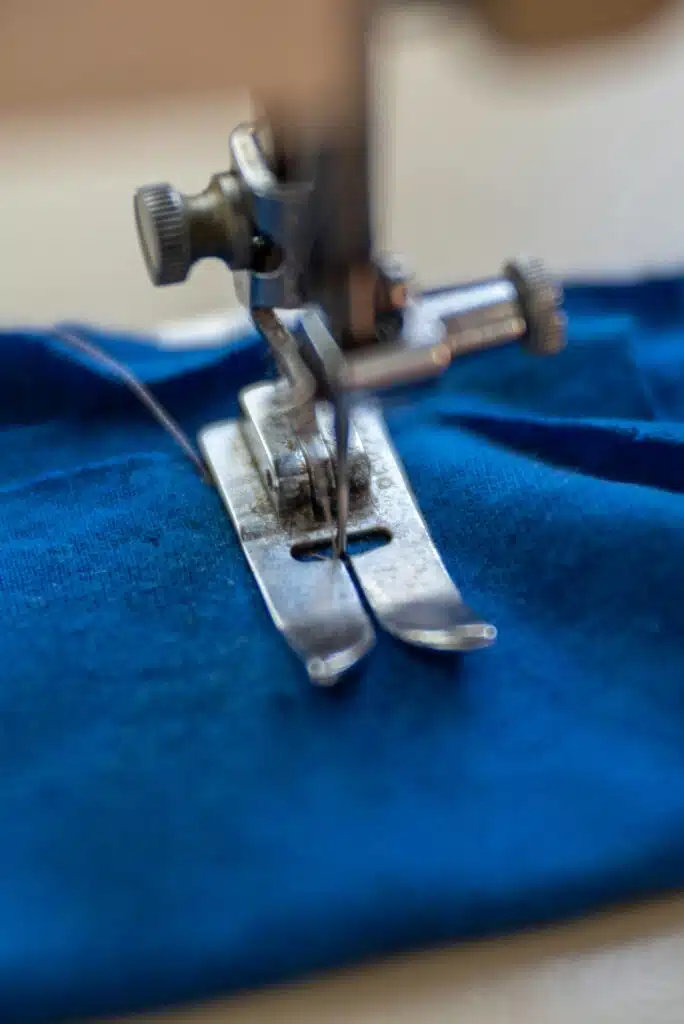
While DIY pads can provide a temporary solution, especially in underserved areas where options are limited, the ‘simple’ reusable pads are transformed and life changing when expertise steps in. Just like with our AFRIpads, they become durable, tested, safe, and reliable. This transition is crucial. Short-lived, ineffective products can’t break the cycle of need. Lasting, well-designed menstrual solutions are needed for real change.
In 2024, Robin Kohler, founder of Girl Power Uganda, teamed up with AFRIpads to survey publicly available testimonials and data around the use of Do-It-Yourself pads among organized groups and nonprofit organizations and create a guidance note. Their findings revealed several challenges. First, limited research left these organizations struggling mid-project, lacking the necessary insights. Second, sourcing consistent materials proved both costly and difficult for expert production, which benefits from bulk sourcing and sustainability. Third, safety and durability were inconsistent. Two programs reported most pads didn’t last beyond three months. Without standardized testing, the trust essential to menstrual health solutions was missing in DIY pads.
Read the full guidance note here.
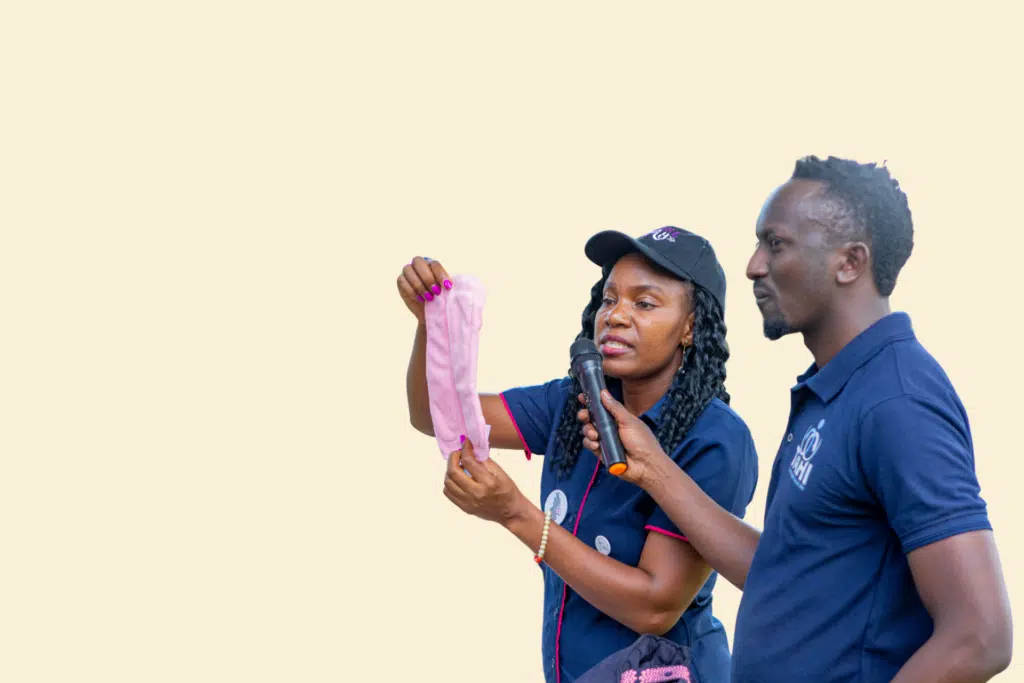
The cost of DIY pads often becomes a hidden burden. If a DIY pad only lasts a few months, is it truly cheaper than single-use options? Most expert-made pads last over a year with guaranteed quality, or two years in the case of AFRIpads. In the research, Girl Power Uganda found that a program with AFRIpads cost just 3% of what another program spent on a DIY pad program to reach the same number of girls.
Perhaps just as important, expert-made pads are backed by customer feedback and education, which builds accountability. DIY pads lack this crucial support, making them less reliable in the long run. If your pad leaks, is hard to clean, or hard to dry then you haven’t really given yourself a better solution.
Do-It-Yourself pads, though well-intentioned, risk undermining the impact of expert-made solutions. It’s essential to prioritize lasting products over quick fixes. Because in the end, the goal is to achieve access to reliable, quality menstrual products that truly empower women and girls to menstruate with dignity.
